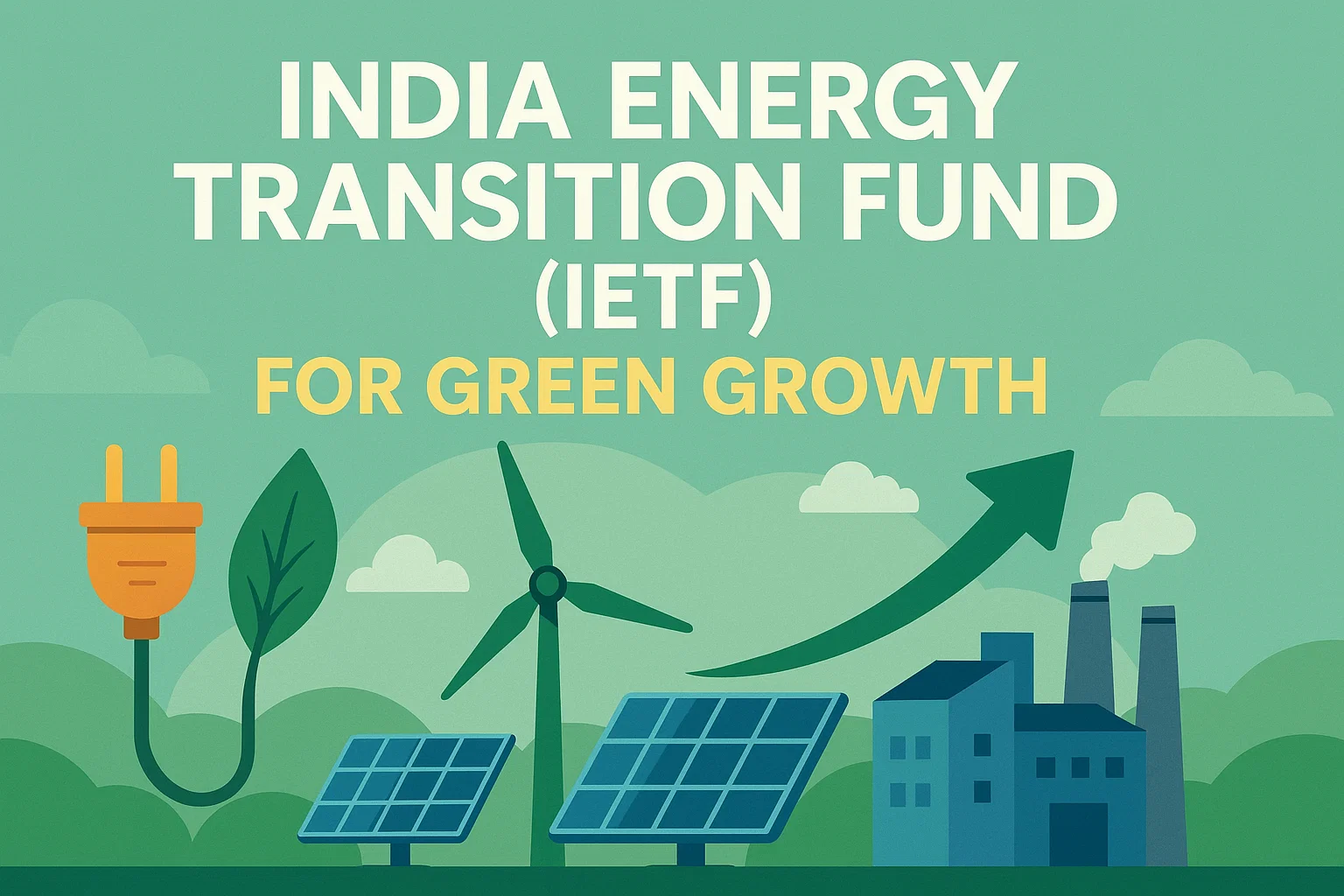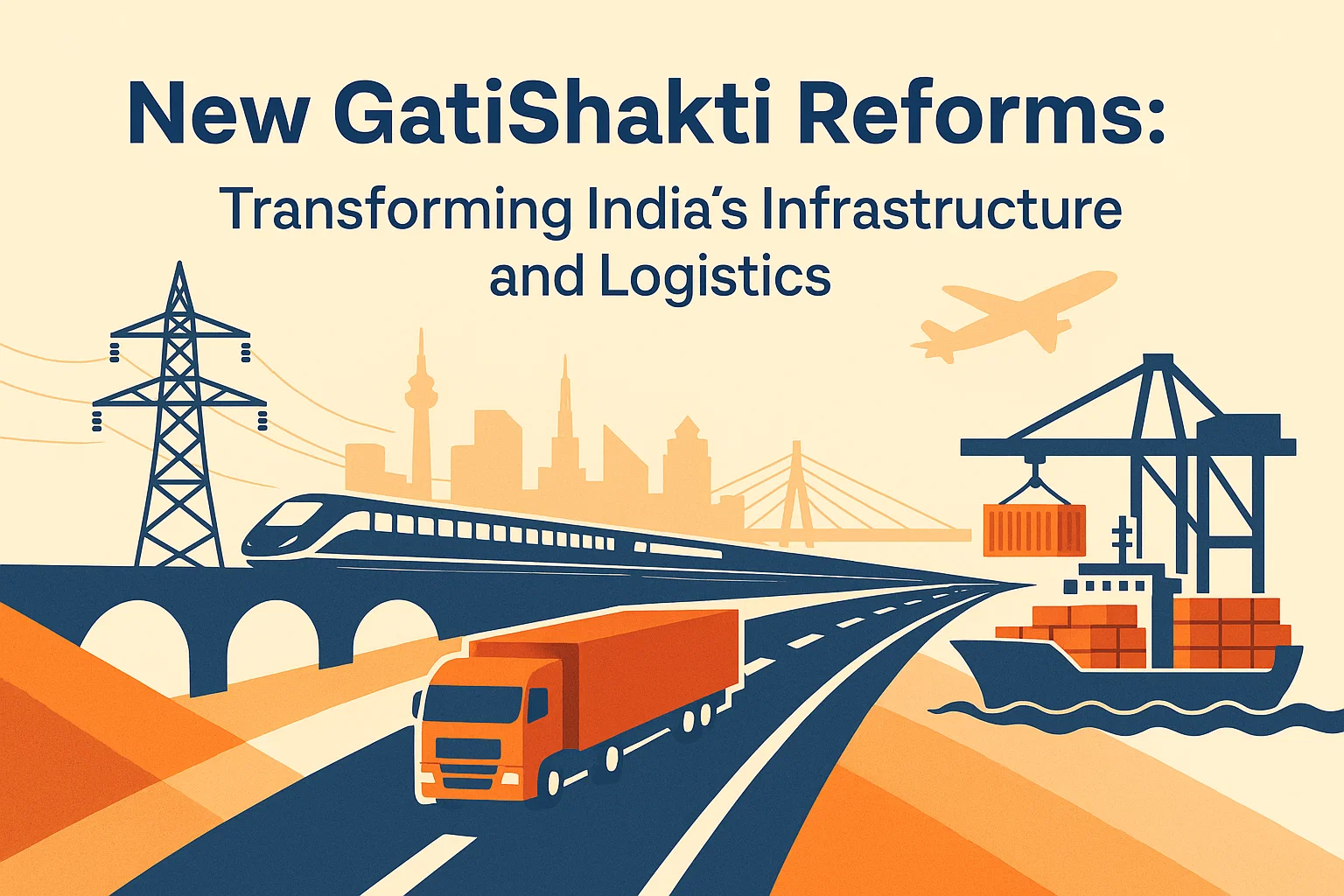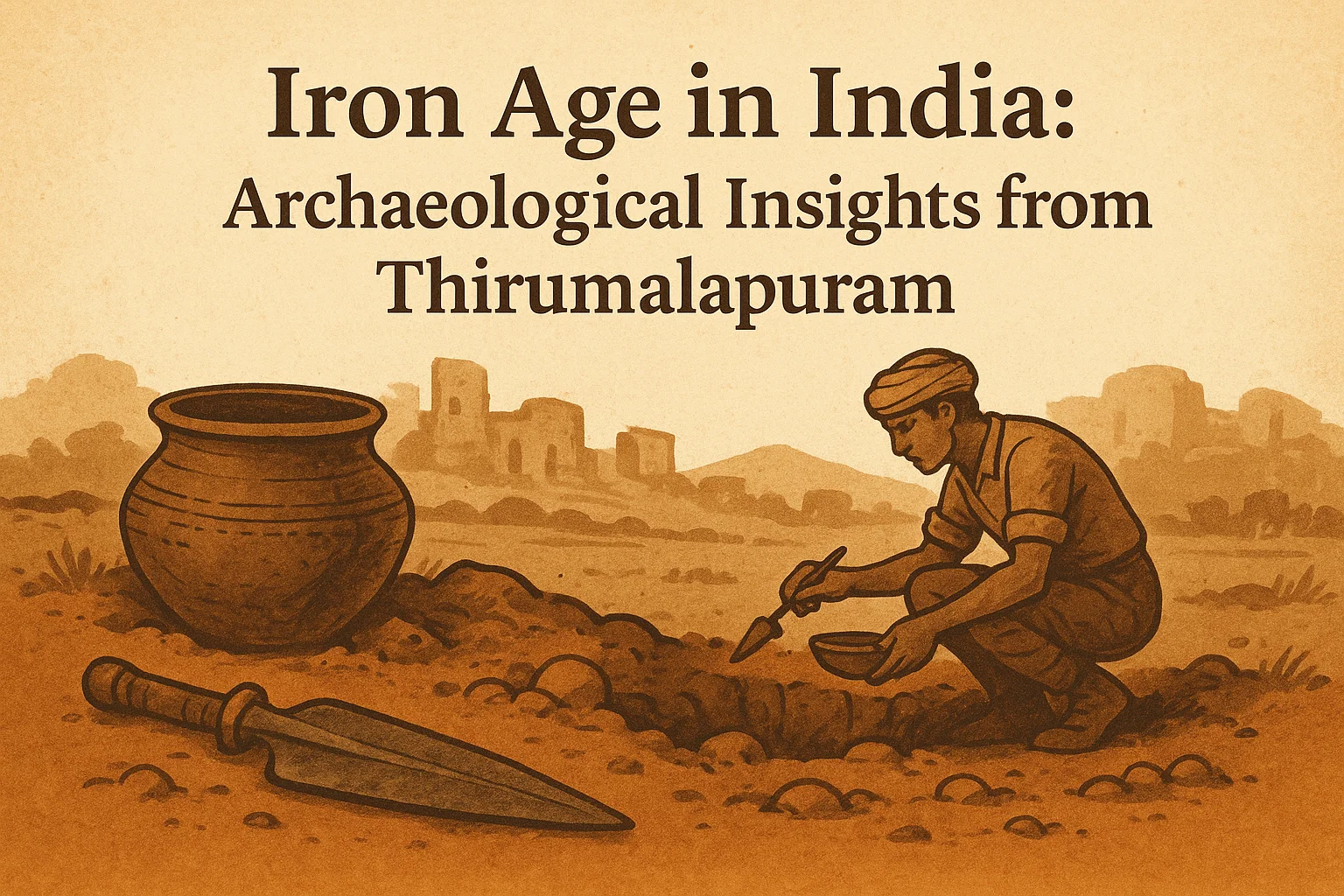PM SVANidhi Scheme: Empowering Street Vendors in Urban Governance
PM SVANidhi Scheme: Unlocking Growth and Financial Freedom for Street Vendors
Context: The Union Cabinet has approved the restructuring and extension of the PM SVANidhi scheme till March 31, 2030. The revamped scheme enhances support for street vendors by raising the collateral-free loan limit by ₹50,000 and introducing UPI-linked RuPay credit cards to boost digital and financial inclusion.
What is PM SVANidhi?
What are the additional features of the revamped scheme?
- Coverage Expansion: Now extends beyond statutory towns to census towns and peri-urban areas, ensuring wider inclusion.
- Monitoring System: Real-time Transaction Management Information System (TMIS) tracks disbursements and recoveries.
- Holistic Impact: Envisions socio-economic upliftment, sustainable business growth, and transformation of urban spaces into vibrant self-sustaining ecosystems (PIB, Aug 2025).
The Prime Minister Street Vendor’s AtmaNirbhar Nidhi (PM SVANidhi) is a Central Sector micro-credit scheme launched by the Ministry of Housing and Urban Affairs (MoHUA) on 1 June 2020 to provide collateral-free working capital loans to urban street vendors who faced severe livelihood shocks during the COVID-19 pandemic.
- Objective: To provide financial inclusion and formal recognition to street vendors, an often-neglected segment of the urban informal economy.
- Recent Revamp (2025): The Union Cabinet extended the scheme till 31 March 2030 with an outlay of ₹7,332 crore. Loan tranches were revised:
- 1st: ₹15,000 (up from ₹10,000)
- 2nd: ₹25,000 (up from ₹20,000)
- 3rd: ₹50,000 (unchanged).
- Digital Push: Beneficiaries who repay timely are eligible for UPI-linked RuPay credit cards and cashback incentives up to ₹1,600.
As per MoHUA data (July 2025), over 96 lakh loans worth ₹13,797 crore have been disbursed to 68 lakh vendors, formalising their role in India’s urban economy.
How does it help low-income street vendors?
Street vendors are critical for urban food security and local supply chains but often lack credit and recognition. PM SVANidhi addresses these challenges through:
- Access to Affordable Credit: Provides collateral-free loans with 7% interest subsidy, helping vendors escape exploitative moneylenders.
- Digital & Financial Inclusion: Over 47 lakh beneficiaries have carried out 570 crore digital transactions worth ₹6.09 lakh crore (MoHUA, 2025), fostering adoption of digital payments.
- Social Security Linkages: Under SVANidhi se Samriddhi, 4.6 million vendors have been connected to government schemes like PMSBY, PMJJBY, and PMAY.
- Case Study – Varanasi (Economic Survey 2022-23): Vendors reported a 25–30% income rise after accessing repeat loans, highlighting its role in breaking the cycle of debt.
Thus, the scheme strengthens the livelihood resilience of low-income households and boosts women’s participation—over 5 million women beneficiaries have availed loans.
How does it help in enhancing urban governance?
PM SVANidhi goes beyond credit by reshaping how street vending is integrated into urban governance:
- Formal Identity Creation: Vendors gain recognition through Aadhaar-linked digital records, aiding their inclusion in municipal planning.Urban Digital Ecosystem: Integration with UPI, RuPay, and Aadhaar promotes a cash-lite economy in informal urban spaces.
- Capacity Building: Initiatives on financial literacy, entrepreneurship, and food safety (with FSSAI) enhance vendor professionalism and hygiene standards.
- Urban Policy Perspective: According to Down To Earth (2023), PM SVANidhi has improved city-level data on street vending, aiding municipalities in policy framing, spatial allocation, and reducing conflicts between vendors and authorities.


